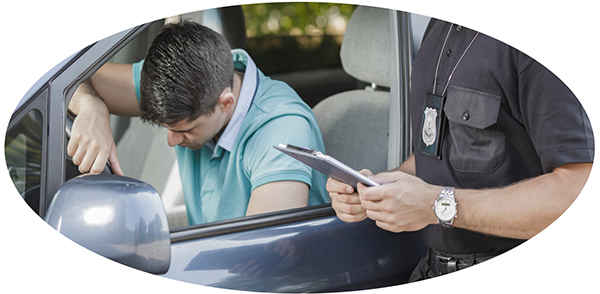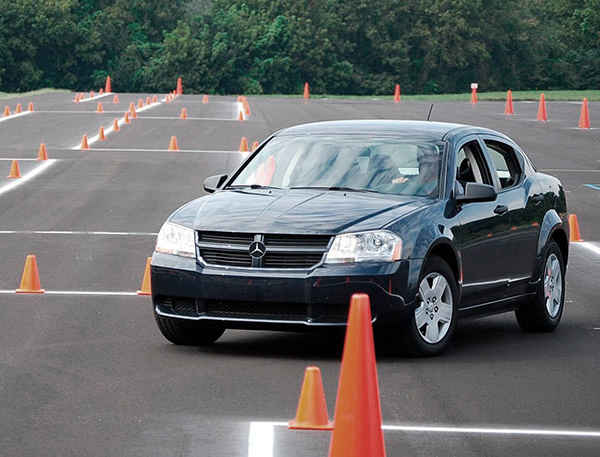Why is driving a car an important responsibility?

Safety
Driving a car is a significant responsibility primarily because it directly impacts safety, both for the driver and for others on the road.
Here are some reasons why:
- Physical Safety: Operating a vehicle involves controlling a machine that can cause harm if not handled correctly. Understanding traffic laws, maintaining focus, and being aware of one’s surroundings are crucial to prevent accidents and ensure personal safety.
- Responsibility to Others: Every driver shares the road with pedestrians, cyclists, and other motorists. Failing to drive safely can endanger the lives of others, making it imperative for drivers to prioritize the well-being of everyone around them.
- Legal Obligations: Driving comes with legal responsibilities, including obeying traffic laws, possessing a valid driver’s license, and maintaining insurance coverage. Failure to adhere to these regulations can result in fines, penalties, or even legal action.
Environmental Impact
Beyond personal safety, driving a car also carries environmental implications:
- Air Pollution: Vehicles emit pollutants – example: carbon dioxide, nitrogen oxides, and particulate matter, contributing to air pollution and climate change. Responsible driving habits, example: carpooling or using eco-friendly vehicles, can help minimize this impact.
- Resource Depletion: The production and operation of automobiles require significant amounts of resources, including fossil fuels and materials like steel and plastic. By driving responsibly and considering alternative transportation options, individuals can reduce their contribution to resource depletion.
Economic Considerations
Driving entails financial responsibilities and considerations:
- Cost of Ownership: Owning and maintaining a vehicle involves expenses – example: fuel, insurance, maintenance, and repairs. Responsible driving practices, example: regular maintenance and fuel-efficient driving habits, can help minimize these costs.
- Productivity and Efficiency: Efficient transportation systems are vital for economic productivity. Traffic congestion and accidents can disrupt the flow of goods and services, leading to economic losses. By driving safely and responsibly, individuals contribute to the smooth functioning of transportation networks.
What to Do?

To fulfill the responsibility of driving safely, individuals should:
- Educate Themselves: Stay informed about traffic laws, road signs, and driving techniques through driver education programs and ongoing learning.
- Practice Defensive Driving: Anticipate potential hazards, maintain a safe following distance, and avoid aggressive behaviors – example: speeding or tailgating.
- Avoid Distractions: Keep focus on the road by refraining from activities – example: texting, eating, or grooming while driving.
- Maintain the Vehicle: Regularly inspect and maintain the vehicle to ensure it is in proper working condition, reducing the risk of mechanical failures while driving.
Interesting Statistics

The first recorded automobile accident occurred in 1891, when a vehicle collided with a horse-drawn carriage in Ohio, USA.
The world’s first traffic signal was installed in 1868 near the Houses of Parliament in London, though it was a gas-lit semaphore.
As of 2021, there were over 1.4 billion motor vehicles in use worldwide, highlighting the widespread reliance on automobiles for transportation.












